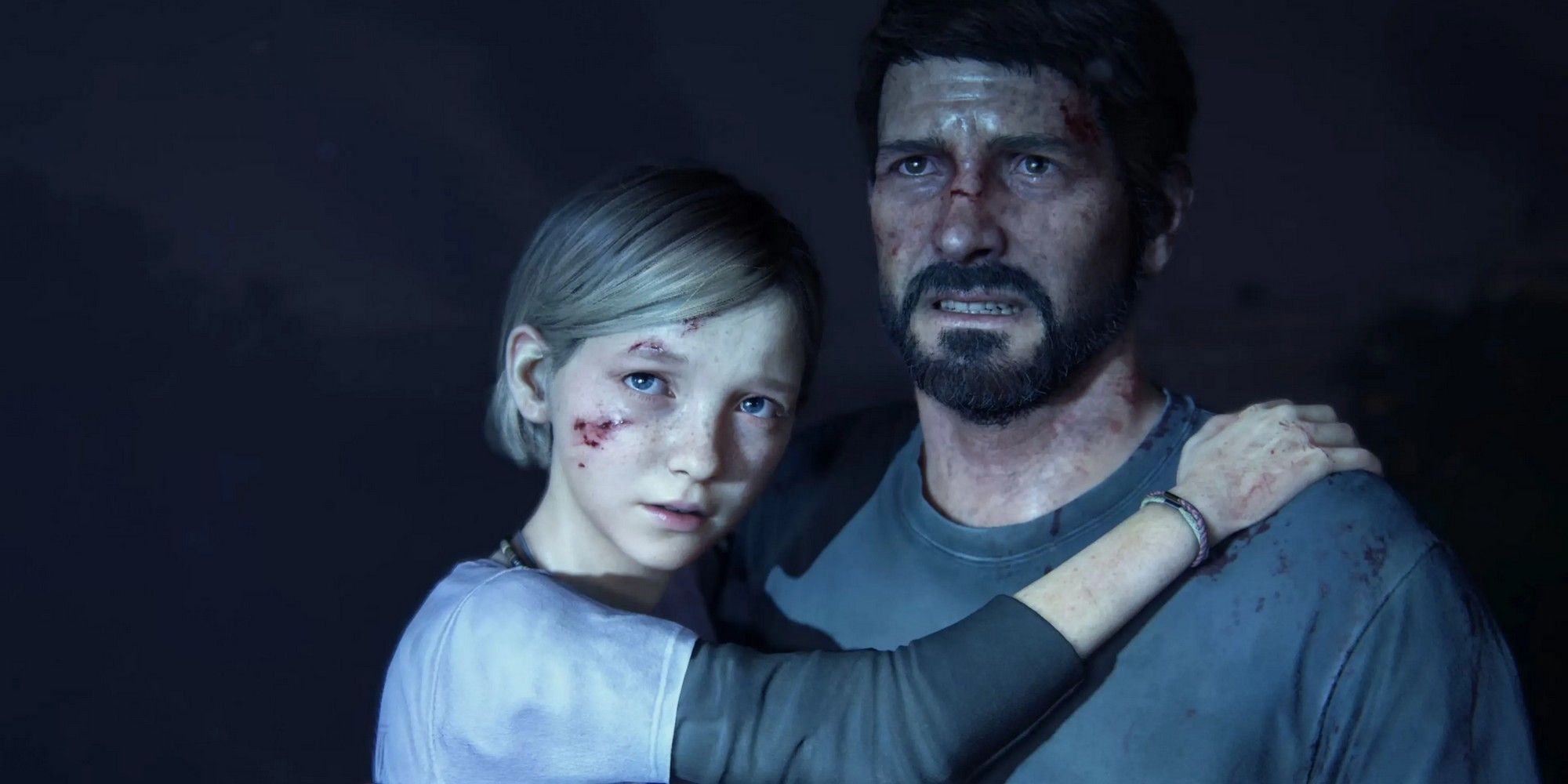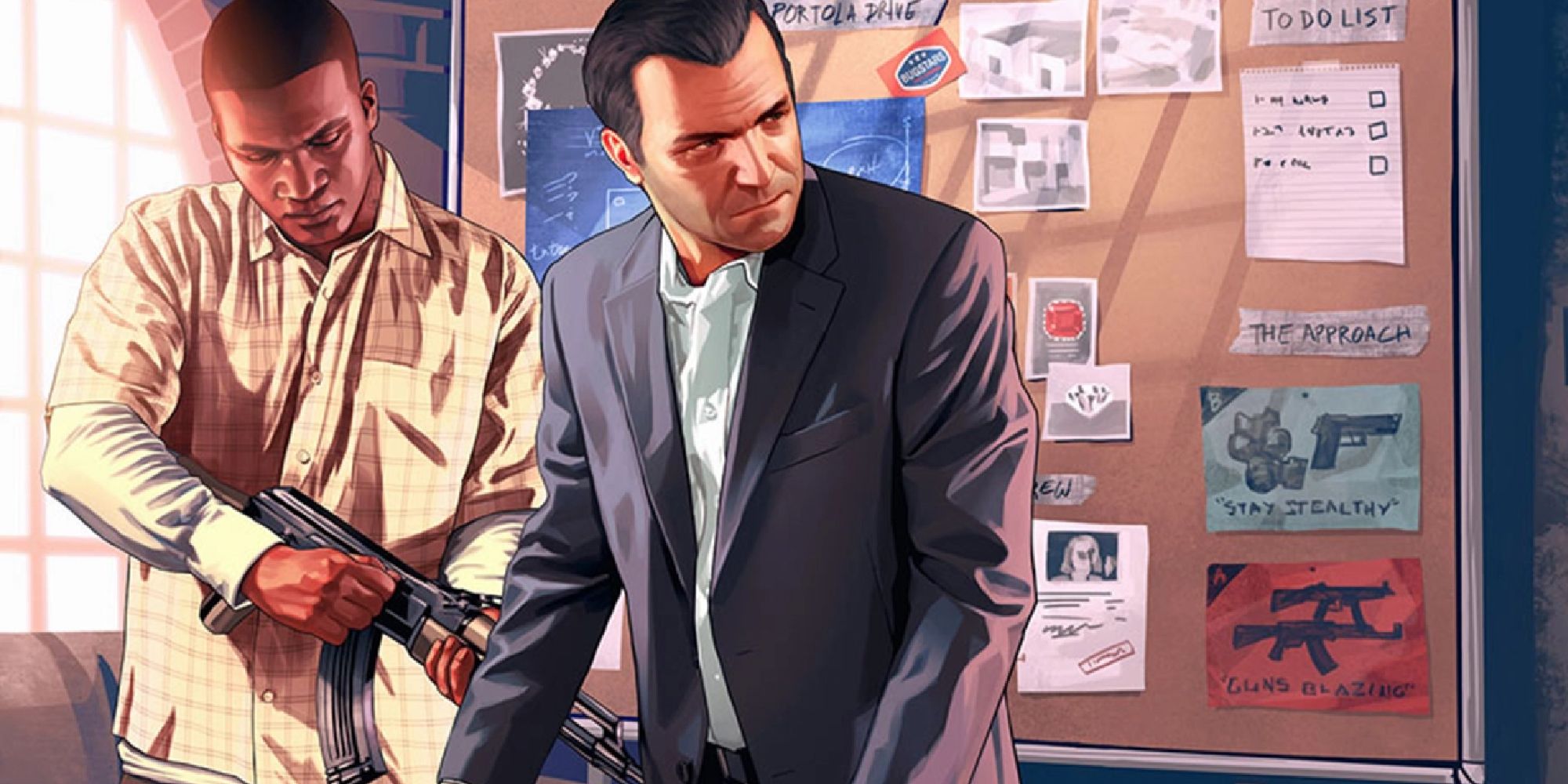The Elder Scrolls 5: Skyrim Anniversary Edition released on Switch at the end of last month, almost 11 years after Skyrim's original launch on PS3, Xbox 360, and PC. As tends to happen every time Bethesda's RPG gets re-released, I am once again thinking about the ceaseless march of time.
I didn't play Skyrim at the time. I was at the start of my senior year of high school when it hit store shelves, and during undergrad I barely played games at all. Now, over a decade later, I'm married, six years out of college, living in another state, and rapidly approaching 30. Despite a brief teaser at E3 four years ago, there has been no sequel. Just endless re-releases and, with each one, another reminder of how much time has passed since 2011.
The recent Grand Theft Auto 6 leak also put me in a time-sensitive mood. Looking at the unpolished version of Rockstar's next open-world, I was reminded that at least 10 years will have passed since GTA 5 launched by the time it comes out. Similarly, I'm playing The Last of Us Part I on my PS5 right now and, though that game hasn't been released nearly as many times as Skyrim, revisiting its post-apocalypse is having the same effect.
Though it got a sequel in 2020, playing TLOU didn't alleviate this unshakeable feeling. At this point, game development takes so long that, when a game finally does come out, it almost feels tragic to me. I loved The Last of Us Part II, but I also felt a real sadness when I finished it. The game finally being in my hands meant that I would likely be waiting another five years (or more) before I got to play a sequel. My life isn’t made up of that many five-year chunks.
I played The Last of Us Part II, a game about trying to survive in the aftermath of a viral outbreak shutting down the world during 2020, so the game likely wasn't the main thing bumming me out. But, the game was part of it. Around that time, the sadness inherent to waiting years for games that rarely live up to what we dream they could be drove me back to movie watching. Though I've always loved film, the more time I spent studying games, the less time I spent heading to the theater for new releases or trolling through streaming services for old ones. Getting back into movies was an antidote for what ailed me in games.
With film, there isn't typically a long wait once a project begins in earnest. Shooting a movie rarely takes more than a few months, at most. There are exceptions, of course. Famously, The Lord of the Rings trilogy required the cast and crew to decamp to New Zealand for 18 months where they shot all three movies simultaneously. But, generally, going from the script stage to the finished project can be done in a year or so.
Some movies — like James Cameron’s Avatar: The Way of Water — are like triple-A video games. It’s even releasing 13 years after the previous entry, like Half-Life: Alyx. These movies have to pioneer new technology as they go, building the track as the train is speeding along. But, most movies don’t. No one expects the latest film from Paul Schrader or Jane Campion or Barry Jenkins to be technically groundbreaking. Though film has its technicians, like Cameron and Robert Zemeckis, who have dedicated their lives to pushing effects forward, that isn't the primary concern of most filmmakers.
Most are focused on telling good stories with truthful performances that entertain the audience. Games could learn from movies, here, and focus less on technological advancement and more on shipping finished products with some regularity. The bloat is killing us. And we only have so much time to live as it is.
Source: Read Full Article

